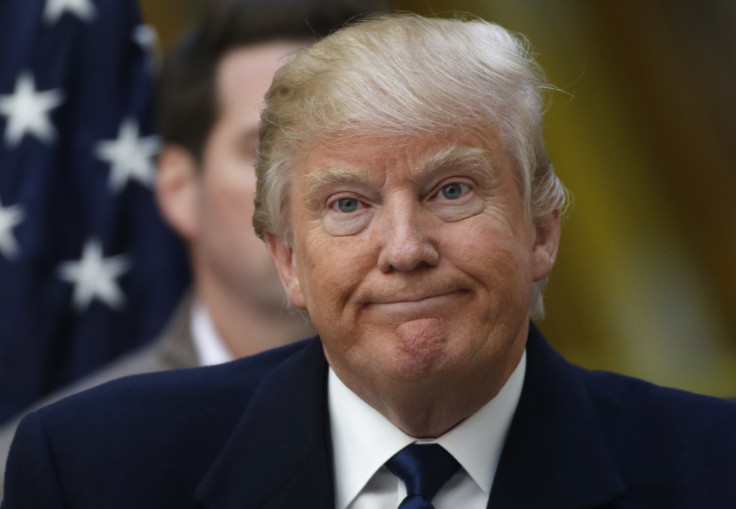Trump signs revised travel ban, spares Iraq

US President Donald Trump signed a modified version of his executive order which removes citizens of Iraq from the original executive order on immigration. The travel ban initially bans citizens of seven Muslim countries which are Iraq, Iran, Sudan, Libya, Somalia and Yemen, into the United States for 90 days.
The revised immigration order will take effect on March 16. The new order is only applicable to new visa applicants, which means some 60,000 people whose visas were affected by the original order will now be allowed to enter the US.
The first version of the executive order was blocked by federal judges. Titled “Protecting the Nation from Foreign Terrorist Entry to the United States,” the order was issued on Jan. 27 and prompted protests across the country.
Officials with the Department of Homeland Security said a brand new measure will be phased in the next two weeks. The order was “prospective” and applied “only to foreign nationals outside of the United States” who do not hold a valid visa, John F. Kelly, the Homeland Security secretary, clarified.
Kelly assured that those with current valid visa are welcomed in the US. On Monday, the Homeland Security secretary was spotted in public alongside Secretary of State Rex W. Tillerson and Attorney General Jeff Sessions at the Ronald Reagan Federal Building in Washington.
But Kelly stressed that national security is still a priority. “Unregulated, unvetted travel is not a universal privilege, especially when national security is at stake,” the New York Times has quoted him saying. People of Iran, Somalia, Sudan, Yemen, Syria and Libya will face a 90-day suspension of visa processing per the Homeland Security summary of the order.
The president signed the original executive order with reporters at the Pentagon as witnesses. But for the order’s revised version, Trump has opted to sign it in private.
Immigration advocates say the revised ban is still a discrimination against Muslims. “This is a retreat, but let’s be clear. It’s just another run at a Muslim ban,” Omar Jadwat, director of the Immigrants’ Rights Project at the American Civil Liberties Union, said.
For Senate Democratic leader, Chuck Schumer of New York, the revised version of the order is a “watered-down ban” that was still “meanspirited and un-American.” Margaret Huang, executive director of Amnesty International USA, expressed concerns that the modified order might plant “extreme fear” for thousands of families by putting anti-Muslim hatred into policy.





















